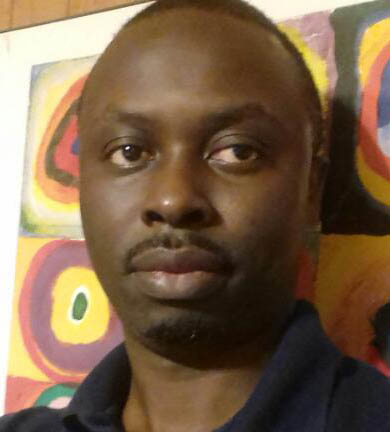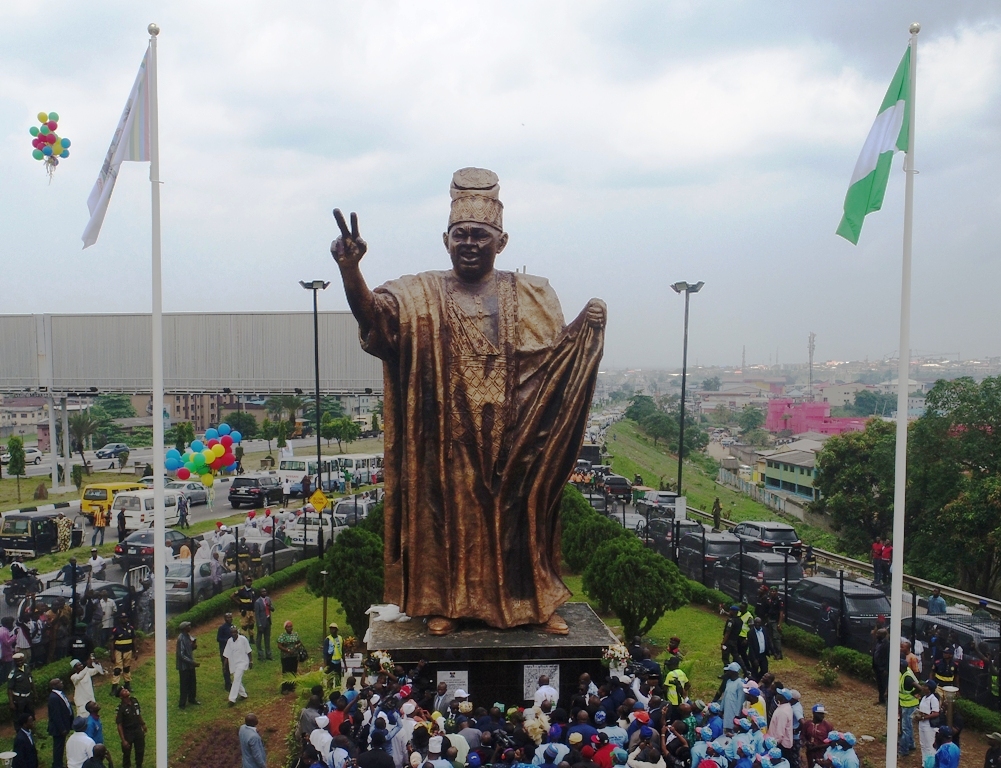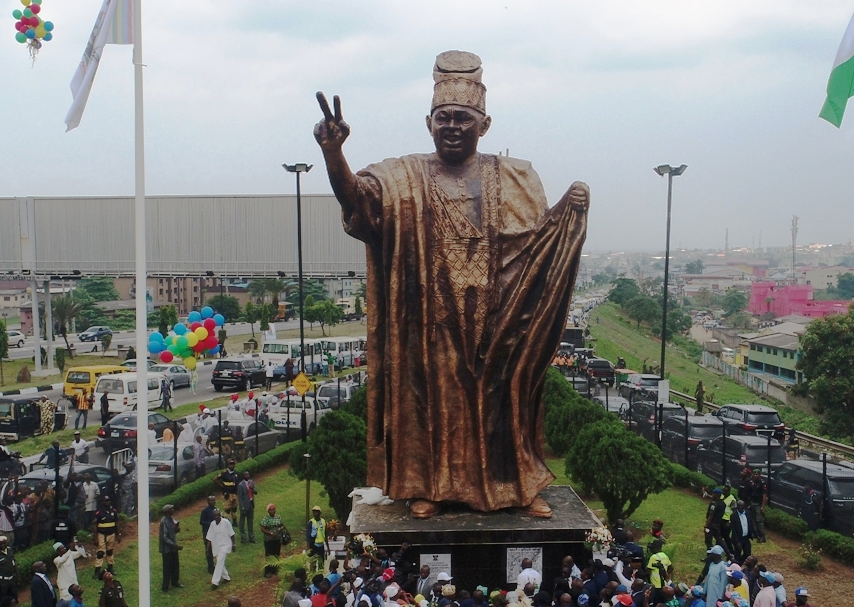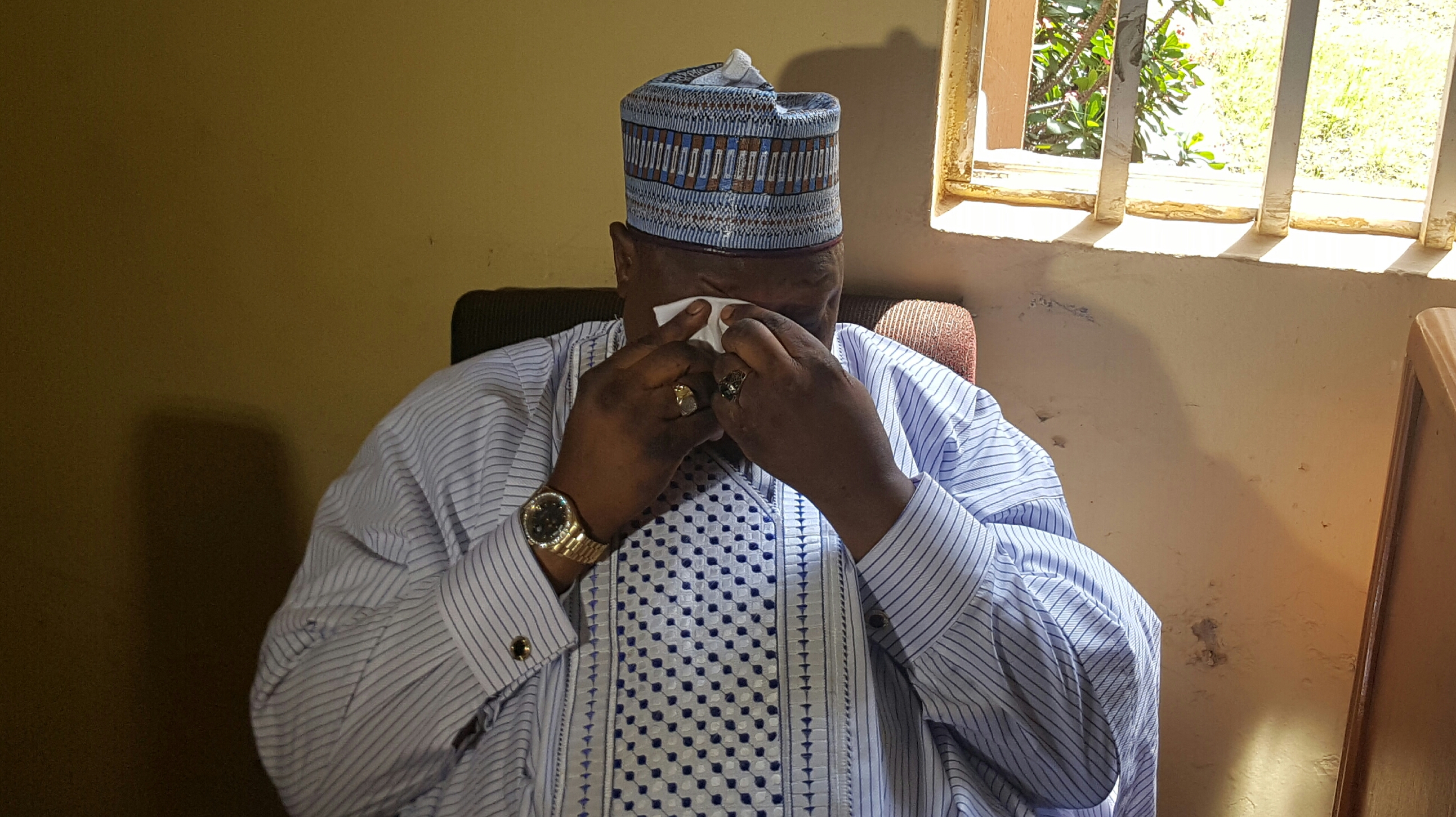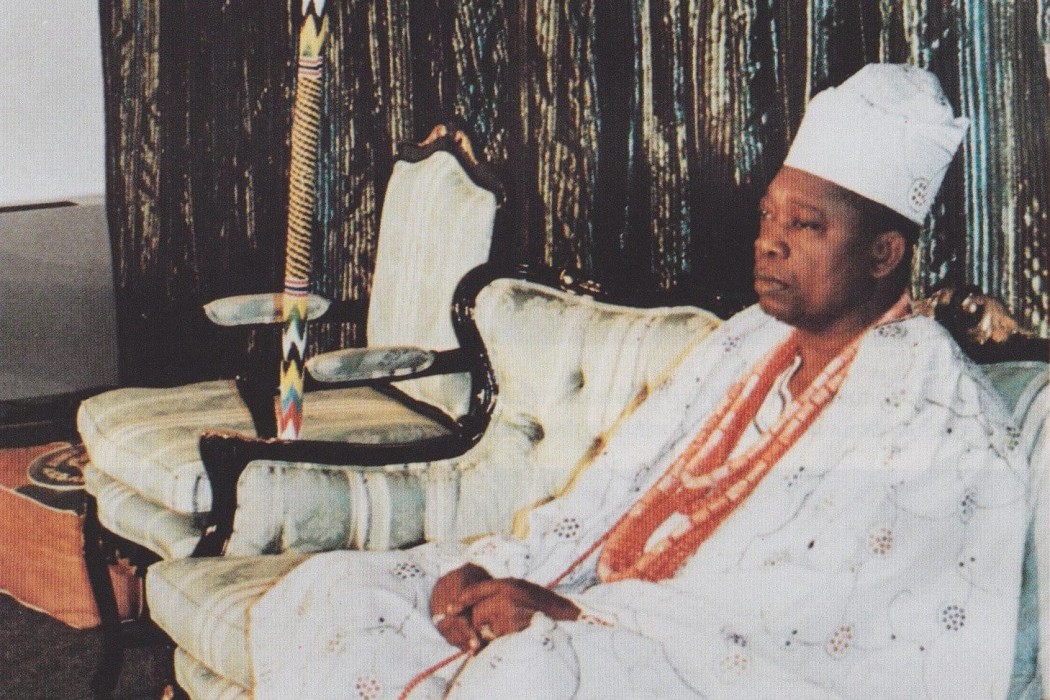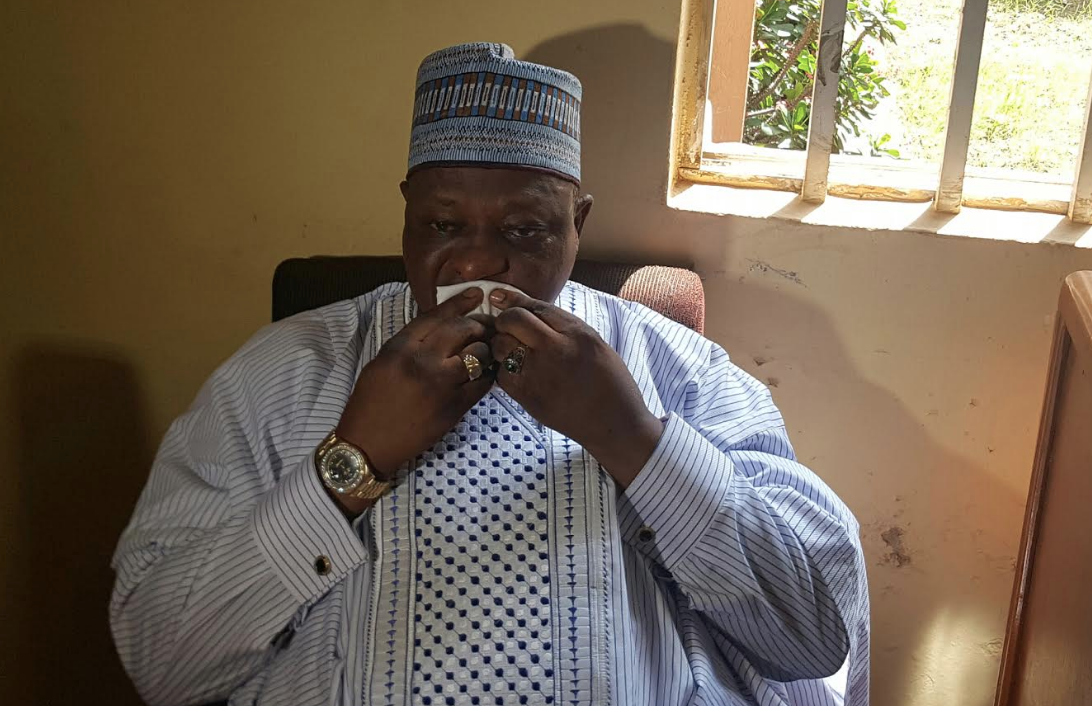The new 46-feet statue of M.K.O Abiola
It was a common cliché back in the day: “on June 12 we stand.”
The cliché is bigger than any special honor. It was a cliché everyone could identify with regardless of age, profession and ethnicity.
It means emancipation from poverty, unemployment, corruption, nepotism intolerance, oppression, sexism and other forms of proliferating anti-people policies.
It was for that reason that the late legal icon and foremost human rights activist ever known, Chief Gani Fawehinmi decided to remain the Senior Advocate of the Masses (SAM), after he was deprived of the Senior Advocate of Nigeria (SAN) many times by the government.
Advertisement
Gani chose the people rather than governments with impoverished policies.
Something tells me Gani wouldn’t have accepted this honor were he to be alive, because the masses he stood for are still causalities in this democracy. They are casualties of conflicts and poverty. They are casualties of poor healthcare. They are casualties of unemployment.
For Chief MKO Abiola—the symbol of June 12—it was our collective struggle to enthrone democracy and his zeal for good governance that made him to endure pain of prison till he died in incarceration.
Advertisement
For Bashorun Ganiyu Adams, the generalissimo of Yoruba warriors, it was his unbending position to see freedom from military rule to democratic rule that made him put his life and career on the line, enduring bullets in a confrontational struggle with the military.
There are many leaders, intelligentsias and strategists of the struggle for the actualization of June 12, dead and alive. Indeed, no book of memorial can contain them. There are many foot-soldiers who threw teargas back at the military and police with bare hands that cannot be mentioned here.
But my quest is not about the names. I’m concerned about the political expediency that made President Muhammadu Buhari to announce honor for Abiola and Fawehinmi.
It is interesting to see a man who never identified with Abiola, Fawehinmi or June 12, to bestow them with honor. Of course, we could see how the announcement turned out to be higgledy-piggledy with one retraction after the other. That says one thing: it was not straight from the heart.
Advertisement
So Nigerians are not swayed in that wind of political potpourri. The issues that are the core of June 12, 1993, elections are still much with us—unemployment, poverty and inequality are rife under this government.
Interestingly, there is a generation that did not know MKO-Abiola, who will vote during the next election. They care about infrastructure, employment, medicare and revamped manufacturing sector.
This generation born after June 12 election understands that Buhari’s action is more of a political capital with about eight months to the next election, in which he’s seeking to perpetuate himself in the office, despite floundering economy, increased poverty, upsurge in crime rate, increased suicide, and lack of hope among the citizens.
The new generation of voters is aware of the growing inequality among Nigerians and political and economic instability caused by the so called “progressives politicians” who are interested in pursuing their own interests.
Advertisement
The new generation of voters is aware of police oppression everywhere. They know of political settlement and fracas of the jackals in the Senate and Aso Rock.
What we fought for on the streets and on campuses in the years before June 12, 1993, and after the election is hope. This government has not given hope. Yes, there are many signs, Buhari is not offering hope.
Advertisement
Add a comment
